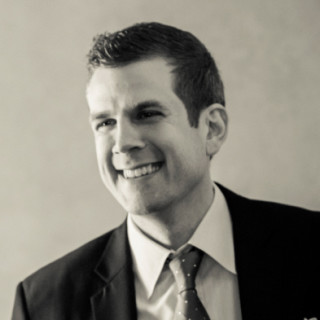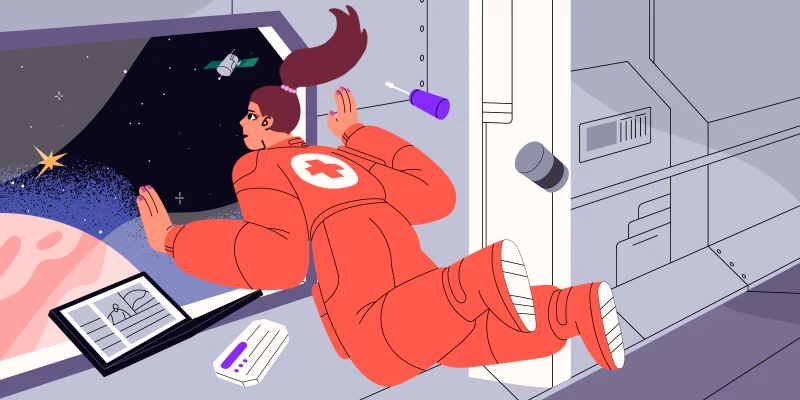
Interviewing candidates for residency positions is undoubtedly a difficult job for interviewees and program directors alike. Residency programs look at a relatively homogenous stack of applications, with precious little time to devote to each. To make matters more difficult, many medical schools have moved away from traditional grading systems and rankings, and residency programs are left to decide how Medical School A's "highest honors" compares to Medical School B's "high honors." Furthermore, students are oftentimes asked to "draft" their own letters of recommendation that letter writers will "edit" and sign or standardized letters are used which downplay the narrative aspect of student-attending interactions.
As electronic applications become an increasingly cryptic way of discovering both the aptitude and demeanor of candidates, interview day becomes infinitely more important. How important? I can objectively say that it will be the singular most important facet of your candidacy. One need look no further than the NRMP's Program Director Survey. The top 3 categories in terms of importance are "interactions with faculty during interview and visit," "interpersonal skills," and "interactions with housestaff during interview and visit." Nothing is more important in your ranking than the impression that you leave with the program director.
An interview day is a relatively high-pressure event where students have no choice but to be "on" all day and put their best foot forward all the while shrouding any sense of competition and maintaining a congenial, buddy-buddy feeling with other applicants. After speaking with residency candidates on interview day and debriefing with interviewers, I have arrived at the singular thing that students continue to inadvertently do which is an obvious detractor to their rank.
What character trait are these otherwise outstanding students portraying that is foiling their efforts?
Arrogance.
Nobody intends to do it. Students that do come across as arrogant would likely be surprised to hear that was the vibe that interviewers got. But few things are more off-putting than a medical student who goes on an interview thinking that they are doing the program a favor by showing up. Candidates who are excellent on paper often exude this quality because they feel like they have the right to. Weaker candidates can also make this mistake in an attempt to cover up for a less than stellar past.
The line between pride in what you've accomplished and being big-headed can be very fine. How is the well-meaning student able to discern if they have the right balance of humility and pride on interview day? The only way to hear how you sound to others is by actually practicing your answers to interview questions with someone who will give you objective feedback. There is no substitute for a mock interview. Running through answers in your head won't cut it, and practicing in front of a mirror is second rate. It is essential to have a second party listen to your responses and let you know the gist of how you are coming across. Do you sound over-rehearsed? Is your sense of achievement spilling across the line into conceit? Or have you slid too far down the slide of humility, and aren't taking enough pride in your accomplishments? Ask someone and find out.
The ideal listener would be a mentor who has interviewed lots of applicants over the years and can educate you on successes and pitfalls you might be facing. Short of an attending, a senior or chief resident will also have a firm handle on what a great candidate should sound like.
It will never be enough to perform excellently all throughout medical school and let your application do the talking. While this is a necessity, selling yourself in an articulate and natural way is what it takes to achieve a great spot on your desired program's rank list. Think about how much work you have put into other parts of your application: countless hours studying for shelf exams and USMLEs, late nights showing face in slow ORs hoping you can at least throw a stitch or two, attending weekend volunteering experiences and community outreaches. Don't let your interview prep fall by the wayside. Give it the attention it deserves and make sure you come across as an accomplished, respectful human being that residents would be happy spending sixteen hours a day with and who program directors believe will be a great ambassador for the program.
Brian Radvansky, MD is an anesthesiology and critical care resident and blogs at the Med School Tutors’ blog. He is also a 2018–2019 Doximity Author.





